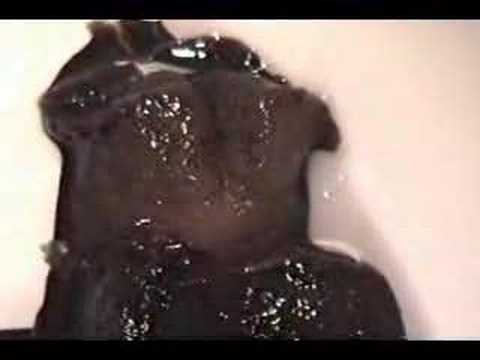I recently was sent a report from a university-wide working group on the publishing habits within the Freie Universität Berlin. I don’t think this document is available online, but I think I’m not doing anything illegal if I publish some […] ↓ Read the rest of this entry…
Archive for science
Arguably, there is little that could be more decisive for the career of a scientist than publishing a paper in one of the most high-profile journals such as Nature or Science. After all, in this competitive and highly specialized days, […] ↓ Read the rest of this entry…
Last week, Elizabeth Pennisi asked me to comment on the recent paper from Schreiweis et al. entitled “Humanized FoxP2 accelerates learning by enhancing transitions from declarative to procedural performance”. Since I don’t know how much, if anything, of my answers […] ↓ Read the rest of this entry…
This is an easy calculation: for each subscription article, we pay on average US$5000. A publicly accessible article in one of SciELO’s 900 journals costs only US$90 on average. Subtracting about 35% in publisher profits, the remaining difference between legacy […] ↓ Read the rest of this entry…
Today, our most recent paper got published, before traditional peer-review, at F1000 Research. The research is about how nominally identical fly stocks can behave completely differently even if tested by the same person in the same lab in the same […] ↓ Read the rest of this entry…
See this post with the associated press releases on brembs.net. The Forkhead Box P2 (FOXP2) gene is well-known for its involvement in language disorders. We have discovered that a relative of this gene in fruit flies, dFoxP, is necessary for […] ↓ Read the rest of this entry…
The data clearly show that publications in Cell, Nature or Science (CNS for short), on average, cannot be distinguished from other publications, be it by methodology, reproducibility or other measures of quality. Even their citation advantage, while statistically significant, is […] ↓ Read the rest of this entry…
There is an interesting study out in the journal PNAS: “Evaluating big deal journal bundles“. The study details the disparity in negotiation skills between different US institutions when haggling with publishers about subscription pricing. For Science Magazine, John Bohannon of […] ↓ Read the rest of this entry…
Thinking more generally about the “Recursive Fury” debacle, something struck me as somewhat of an eye opener: the lack of support for the authors by Frontiers and the demonstrative support by their institution, UWA (posting the retracted article). Even though […] ↓ Read the rest of this entry…
Do you remember the RWA? It was a no-brainer already back then that the 40k that Elsevier spent was well-invested: for months, Open Access activists were busy derailing this legislation, leading a virtual standstill on all other fronts. now, just […] ↓ Read the rest of this entry…












